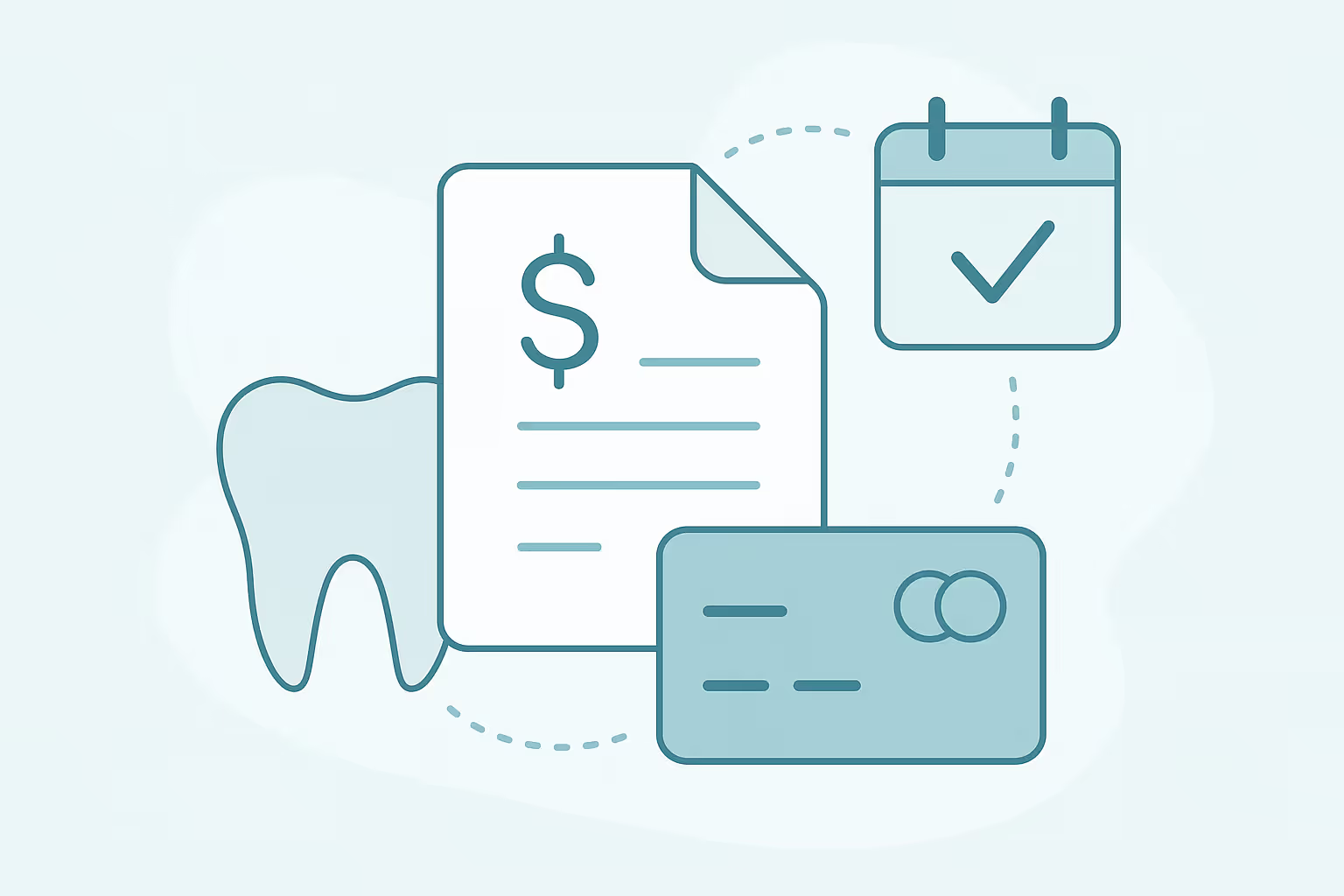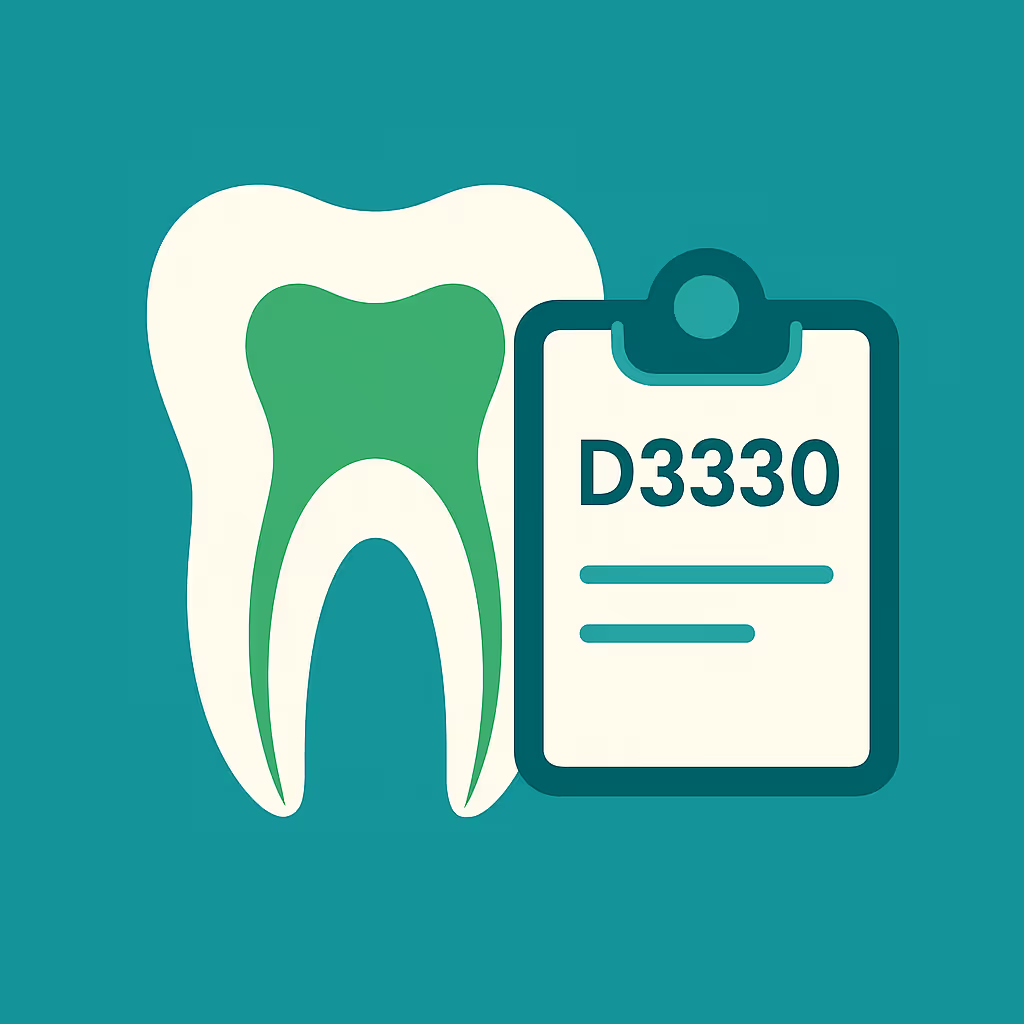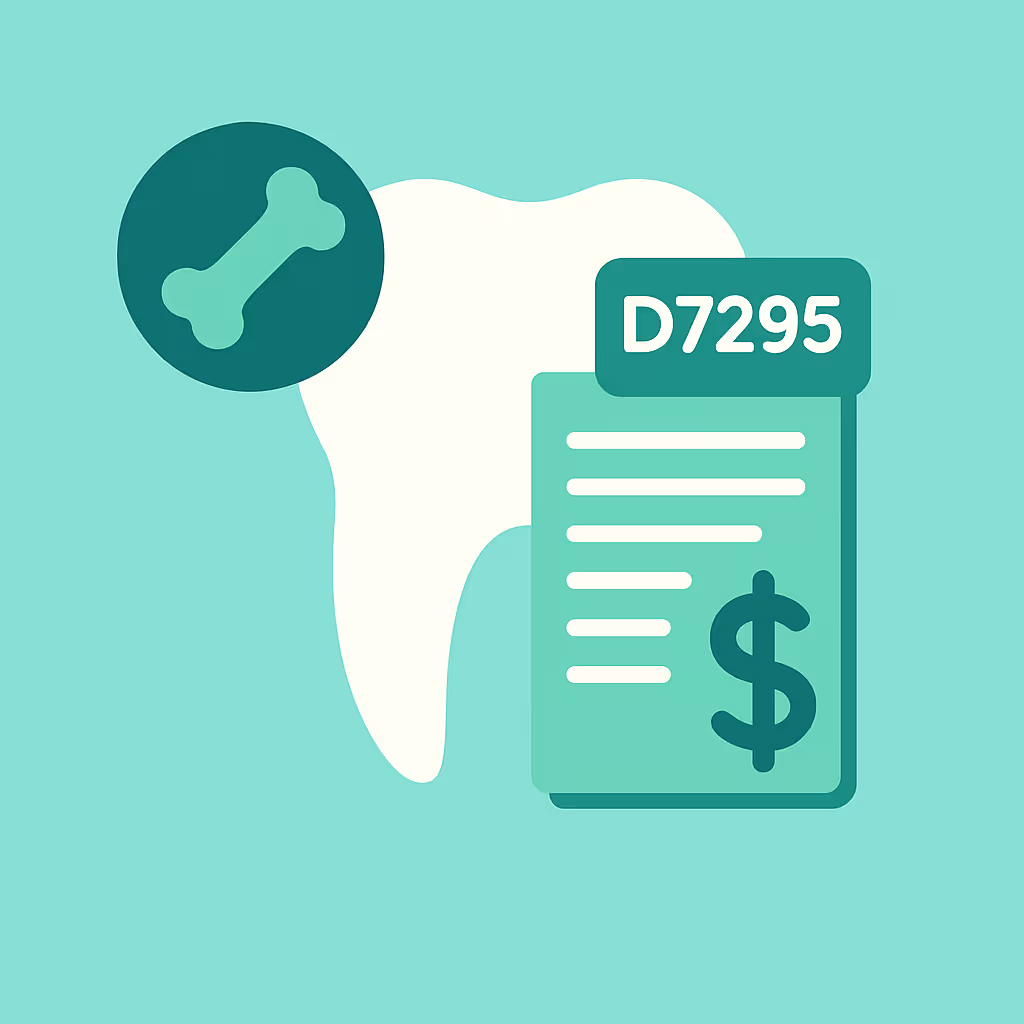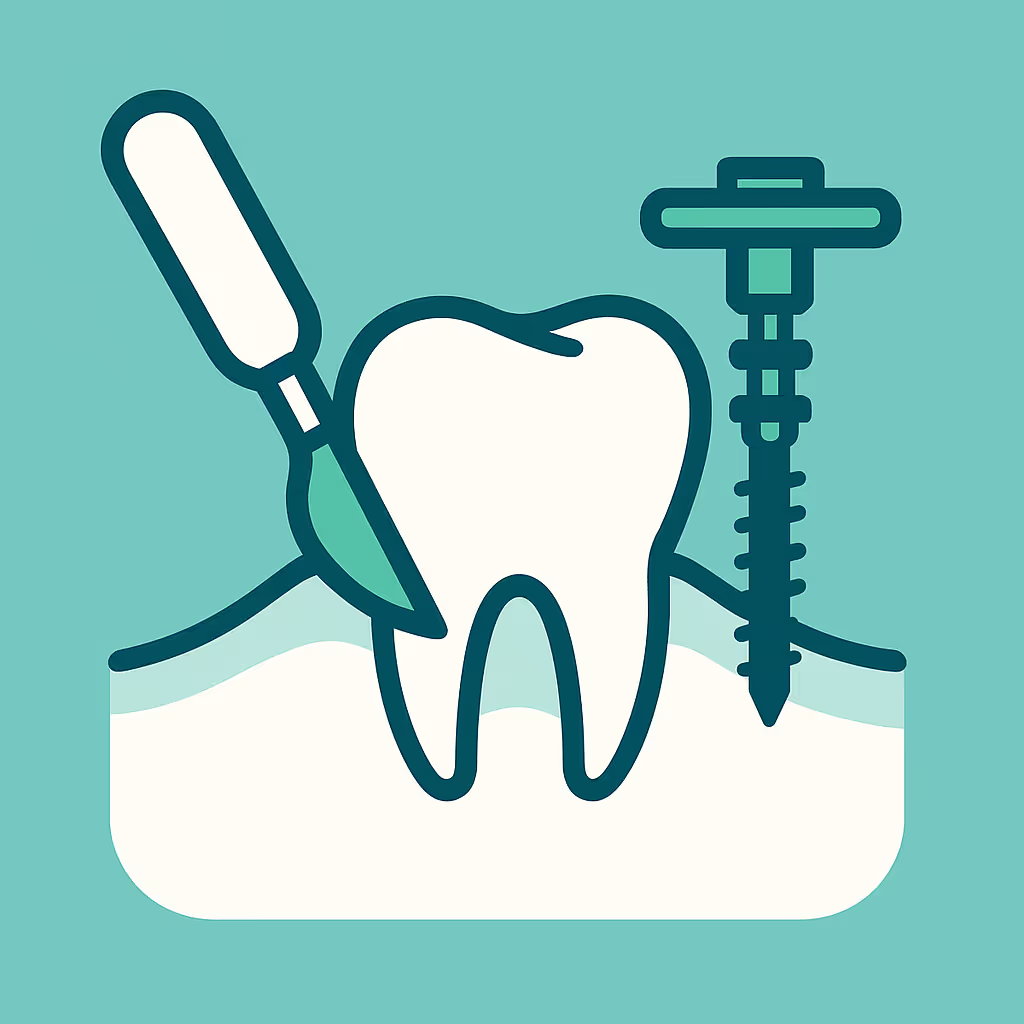Paying Upfront at the Dentist: Is It Always Required?
Typical Dental Payment Policies
Dental offices strive to provide quality care while maintaining efficient billing practices. Most practices establish clear payment policies, which are often communicated during scheduling or at check-in. Common policies include payment at the time of service, payment upon receipt of an insurance Explanation of Benefits (EOB), or flexible payment plans. These policies are designed to minimize accounts receivable (AR) and ensure the practice can continue serving patients effectively.
Why Some Dentists Ask for Payment at Time of Service
Many dental offices require payment upfront or at the time of service, especially for patients without insurance or for procedures not fully covered by insurance. This approach helps practices avoid delayed payments and reduces the administrative burden of collections. When insurance is involved, offices may estimate the patient’s portion based on verified benefits and request that amount upfront. This is standard practice and helps prevent surprises for both the patient and the office.
Best practices include verifying insurance eligibility before the appointment, providing a cost estimate using CDT codes, and explaining any potential out-of-pocket costs. By collecting the estimated patient portion at the time of service, offices can keep AR low and focus on patient care rather than collections.
Insurance Billing vs Upfront Payment
When a patient has dental insurance, the office typically submits a claim using the appropriate CDT codes. The insurer processes the claim and issues an EOB, detailing what was covered and what remains the patient’s responsibility. Some offices wait for the EOB before billing the patient, while others collect the estimated portion upfront and reconcile any differences after the claim is processed.
Efficient dental offices follow a step-by-step process: 1) verify insurance benefits before treatment, 2) estimate patient responsibility, 3) collect the estimated amount at the visit, 4) submit the claim promptly, and 5) issue refunds or additional bills based on the final EOB. This workflow minimizes confusion and ensures transparency for both the practice and the patient.
What to Do if You Can't Pay Upfront
If you’re unable to pay your portion upfront, communicate with the dental office before your appointment. Many practices offer payment plans, third-party financing, or phased treatment options to accommodate different financial situations. Ask about in-house financing, CareCredit, or other solutions. Offices appreciate proactive communication, and discussing your needs early helps avoid billing issues later.
If you receive a bill after insurance processes your claim and cannot pay in full, request a written payment agreement. This protects both you and the practice, and ensures a clear plan for resolving your balance.
Finding a Dentist with Your Preferred Payment Options
Not all dentists require payment upfront, and policies can vary widely. When choosing a dental provider, ask about their payment expectations, insurance handling, and available financing options. Look for practices that clearly explain their billing process, provide written estimates, and are willing to work with your financial needs.
Ultimately, understanding dental payment policies helps you make informed choices and avoid surprises. Open communication with your dental office ensures a smoother experience, whether you pay upfront or after insurance processes your claim.





